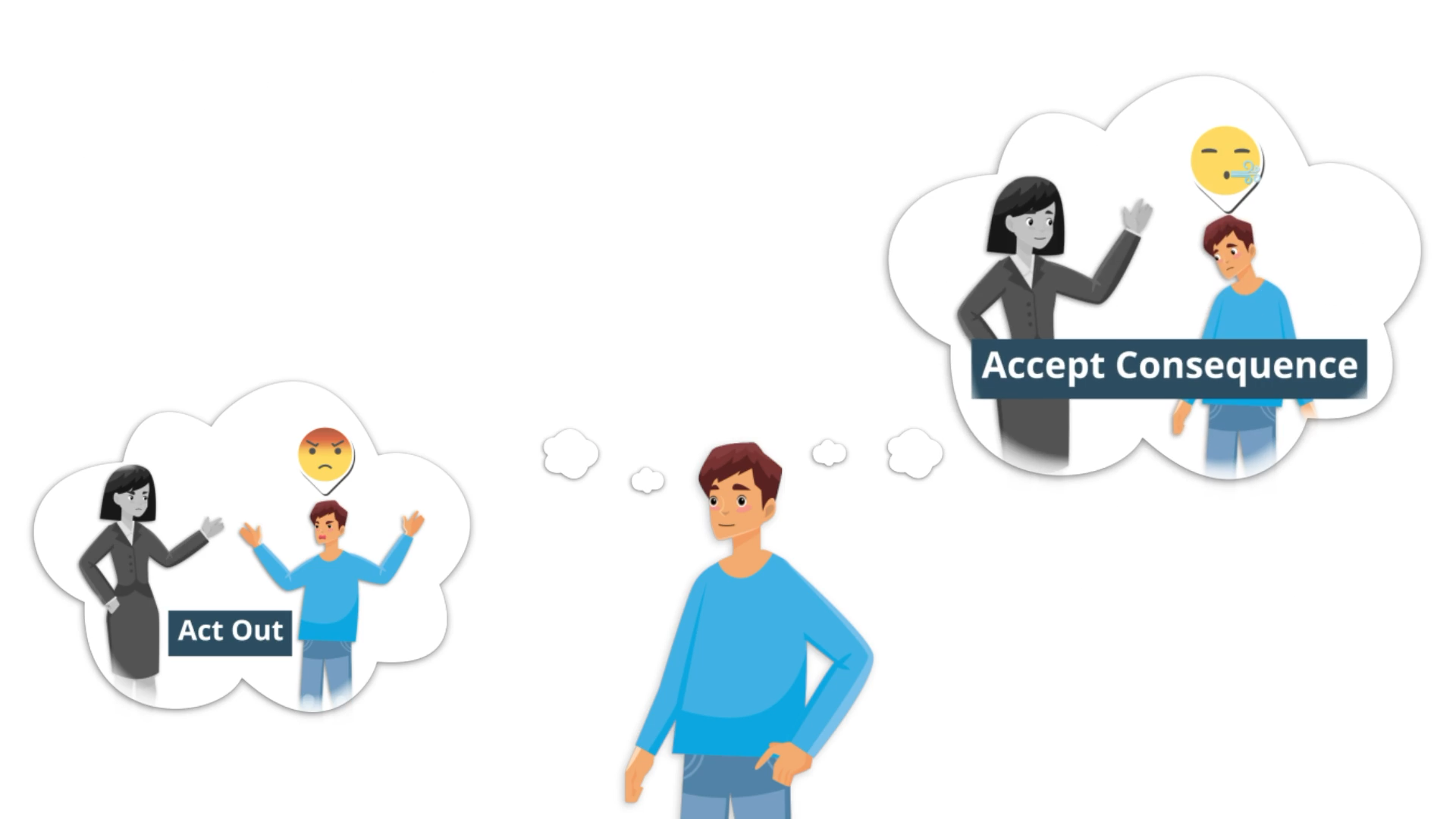
For Elementary students, understanding the consequences of their actions is an important aspect of their social-emotional development. As educators, we can help them recognize that their actions can lead to both positive and negative outcomes. In this blog post, we’ll explore an easy, no-prep activity to teach this concept, along with discussion questions and related skills to reinforce the lesson. We’ll also provide guidance on how to encourage students to accept and learn from the consequences of their actions.
No-Prep Activity: The Ripple Effect
This activity requires no preparation or materials and encourages students to think about the consequences of their actions. Here’s how it works:
- Have students sit in a circle.
- Ask one student to share a recent action they took, whether positive or negative.
- As a group, discuss the immediate consequences of that action. How did it affect the person who took the action? How did it affect others around them?
- Next, discuss the potential longer-term consequences of the action. What might happen in the future as a result of this action?
- Continue the process with other students, encouraging them to share their experiences and discuss the consequences of their actions.
This activity helps students see how their actions can create a “ripple effect” of consequences, both positive and negative.
Discussion Questions
Use these questions to stimulate further discussions about the consequences of actions:
- Can you think of a time when you experienced a positive consequence as a result of your actions? How did that make you feel?
- What about a time when you experienced a negative consequence? How did you handle that situation?
- How can accepting the consequences of our actions help us grow and learn?
- What strategies can you use to stay calm when faced with a negative consequence?
- How can we support our friends and classmates when they are experiencing the consequences of their actions?
Related Skills
Teaching students about the consequences of their actions also helps them develop other important social-emotional skills, such as:
- Empathy: Understanding how their actions affect others.
- Responsibility: Taking ownership of their actions and their consequences.
- Problem-solving: Reflecting on their actions and making better choices in the future.
- Self-regulation: Managing their emotions when faced with negative consequences.
Next Steps
Now that you have an activity and discussion questions to teach Elementary students about the consequences of their actions, consider exploring additional resources to support their social-emotional learning journey. Sign up for free sample materials from Everyday Speech to access more activities, lessons, and skill-building tools for your students.





